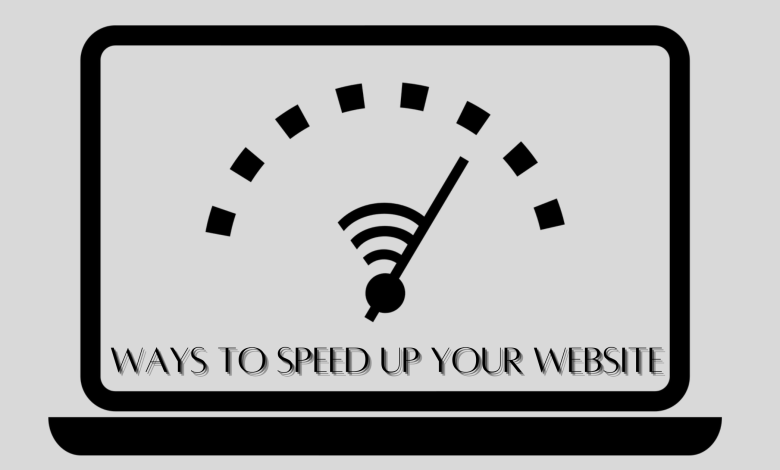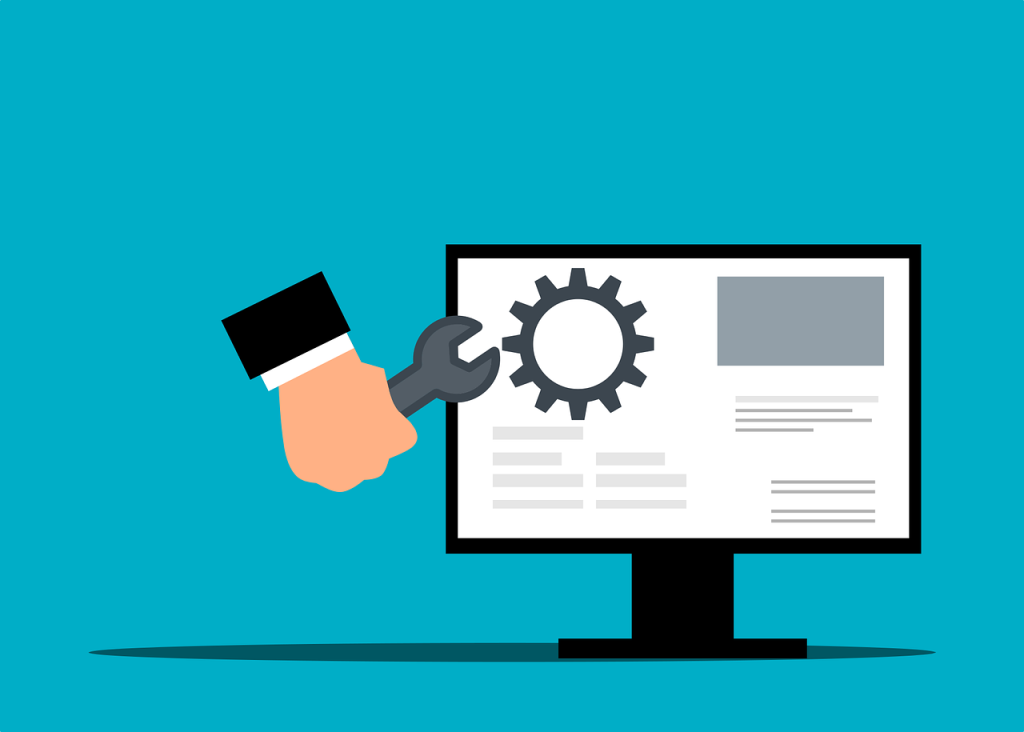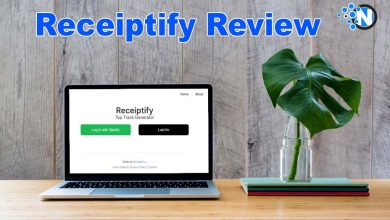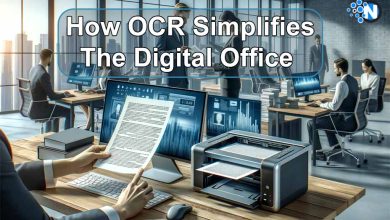8 Ways to Speed Up Your Website & Improve Conversions

Website speed has a huge impact not only on user experience but on search engine optimization, and conversion rates as well. It is very much important to speed up your website to draw more organic traffic and keep visitors engaged. According to Google, the longer it takes to load, the more visitors would abandon your website for a better option. Websites with good loading speed perform better across marketing and web metrics like organic traffic, user engagement, bounce rate, conversion rate, and credibility. It is also important for webmasters and brands to understand that they won’t get another chance when it comes to user experience on the website.
Why Do you Need to Speed Up Your Website?
Websites that load faster deliver serious benefits like reduced bounce rate, improved conversions, and higher ranks in search engine result pages. Slow loading sites can cost you money and spoil your online reputation. Improving website loading speed positively impacts both marketing and sales procedures. When your website loads quickly, you are likely to attract more users, generate qualified leads, and convert them into valued customers. Poor loading speed is one of the reasons your website has poor conversion rates. The faster your website loads, the more satisfied visitors will be.
How to Speed Up Your Website for Improved Conversions?
There are several ways you can make your website load faster and here is a list of the most effective ones that can help you speed up your website and improve overall performance.
Test Website Loading Speed
Website speed test helps you evaluate how much your website takes to load properly. This allows you to highlight performance downgrades so you can improve accordingly. A website speed test help webmasters and developers recognize the things slowing the website speed and ways to fix the issues for better performance. There are so many tools available to test website speed and Google PageSpeed Insights is one of them. This allows you to check the website loading speed and areas you can improve to speed up your website effectively.
Opt for Fast and Reliable Web Hosting
Good hosting plays a significant role in making a website load faster. No matter how well you try to provide your users with an excellent experience, if the hosting sucks, overall website performance will suffer. A fast and reliable web hosting company takes good care of everything your website needs to perform well in search engines and browsers. From the quality and well-maintained resources to updates software, there are several things a hosting provider can do to speed up your website. So, choose a reliable web hosting plan to enjoy 24/7 uptime and increased loading speed.
Optimize the size of images on your website
High-quality visuals on your website can enhance the user experience exceptionally. In the case of eCommerce websites, images and videos are an integral factor to convert more. The use of more images definitely improves user engagement, but they can make your website slow when not optimized properly for speed. There are several image optimization tips and tools you can adopt to reduce image size without compromising the quality.
ImageOptim is one of the tools you can use to optimize the size of images on your website. Use of the HTML responsive images <secret> and <size> attributes is another best way to optimize your images for speed. These attributes can effectively adjust the image size on your website based on users’ display or screen properties.
Reduce CSS and JavaScript on your Website
Website speed can affect your SEO rankings. And minifying CSS & JavaScript on your website is another effective way to speed up your website. Minification is the process of stripping out all impractical characters, comments, and spaces to streamline the code of the website. The fewer useless codes on your website, the easier the page loading process will be. As a result, you will enjoy improving website loading speed to get more visitors and improve conversion rates.

Clean up Media Library
After adding so many new pages and posts on your websites, it is probable that the media library of your website has been muddled with useless and old media files. This uses more resources in your library to make the website slower. Cleaning up the media library is the best way to free up more space and resources to speed up your website and improve overall performance.
Optimize your Database
Just like cleaning up media libraries, database optimization allows you to identify and eliminate useless data and files from your website database. Website database becomes bloated with unusable information, files, and visuals. When there are fewer useless files and data on the server, the hosting server is better able to fetch requested information more proficiently. If it is a WordPress website, there are several plugins you can use to optimize and clean up the database effectively.
Avoid/Reduce URL Redirects to Speed Up your Website
A URL redirect is a feature used by webmasters to take a user from one URL to another. There are several reasons to use redirects and removing pages on your website is one of them. Since there are different ways to implement URL redirects on your site, redirects can make your website slow. This is the reason, you should avoid or minimize URL redirects to speed up your website and improve performance.
Use a Content Delivery Network (CDN)
CDNs or Content Delivery Networks speed up websites by caching website content in multiple locations across the globe. Basically, a CDN is a set of servers distributed across several locations to provide the required web content to users from a server close to their location. When website data is hosted on a single server, all requests are sent to the same server. This may cause a slow loading speed when there are multiple requests at the same time. By using CDN, end-user requests are sent to the nearest server so that the content can be delivered as quickly as possible to make the website faster. Using a content delivery network seems expensive but can make your website faster than ever.
Conclusion
Modern consumers expect web pages to load within 3 seconds or less. If your website takes more seconds to load, you will perhaps lose lost of traffic and sales as well. Above mentioned ways to speed up your website can help you improve website speed and performance to provide users with an excellent experience and keep them engaged.




